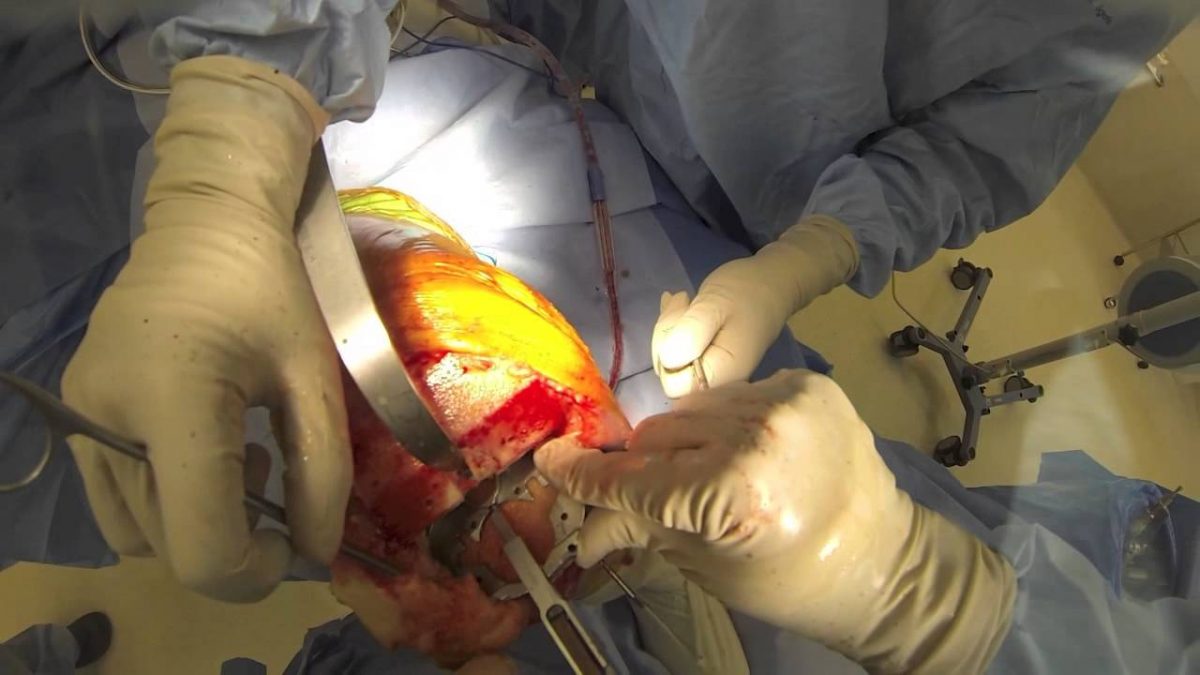Why do we need a Knee Replacement Surgery?

Well that’s a question only and only your orthopaedic can answer, but actually bearing a knee pain is too troublesome as you can’t easily do all the daily tasks that you used to do. Knee replacement surgery is a must when aids like medication, therapy or canes are no longer any help. Other signs may include aching in leg joints, relative and acute pain, loss of mobility of the person or joints stiffening.
Your regular doctor will advise you to visit an orthopaedic and then he will decide whether you need a knee surgery or not. You may be barred from this surgery if you have any infection, less bones or an artificial bone.
Knee replacement surgery is a regular surgery that is achieved on more than 5,50,000 patients a year. Over 90% of the people have experienced improvement in their daily life after this surgery. The rest 10% either had not been properly operated or they may have had a serious problem that even the surgery couldn’t cast a serious benefit.
Diagnosis
You surgeon will firstly advise you to have an X-Ray scan of the knee and will conduct some physical tests as well. You may be asked about previous pains or accidents that may have occurred earlier. Then your joints will be out to various activity-based tests like walking, bending etc. then if you really need a knee replacement surgery you will be prescribed by the doctor.
Here some of the signs have been stated that will help you to diagnose this acute problem. Some of them are as under:
- The pain persists or recovers over the time
- You knee joints aches after rigorous exercises
- You are no longer able to walk freely
- Medication and usage of cane aren’t helping anymore
- In monsoon seasons you feel regular pains
- You knee stiffens up when you sitting for a longer time.
- You can’t sleep properly because of that pain
- There is a swelling around the knees
- You face difficulty in climbing the stairs.
- You face lot of difficulties while walking out of a bathtub or from chairs.
- You may possibly experience morning stiffness that lasts less than 3o minutes or so.
- You may also experience a bad form of stiffness that is called rheumatoid arthritis that lasts for about 45 minutes of more.
- You may also feel a grating at your knee joints
- You may have had a previous injury to the ACL of your knee.
